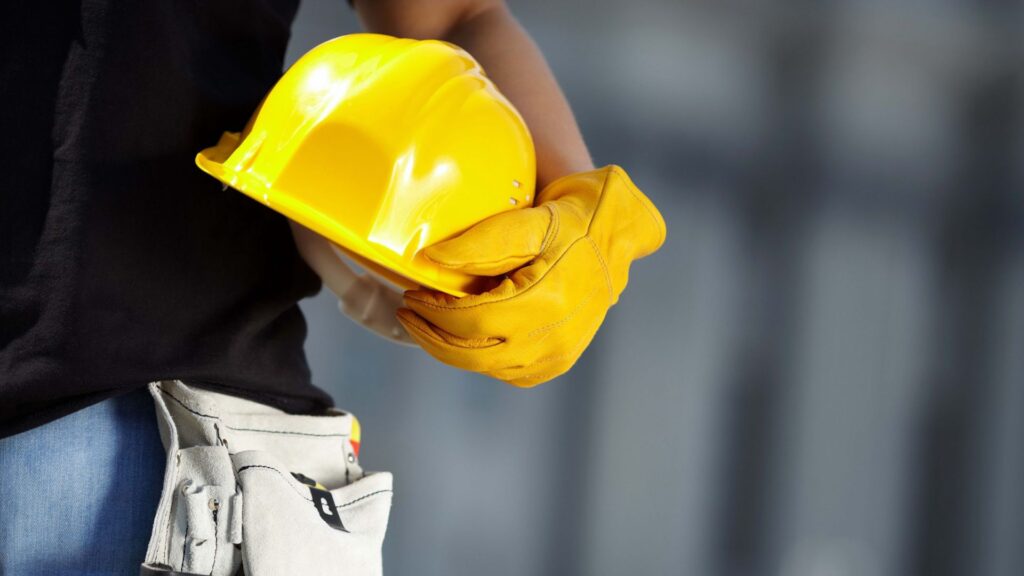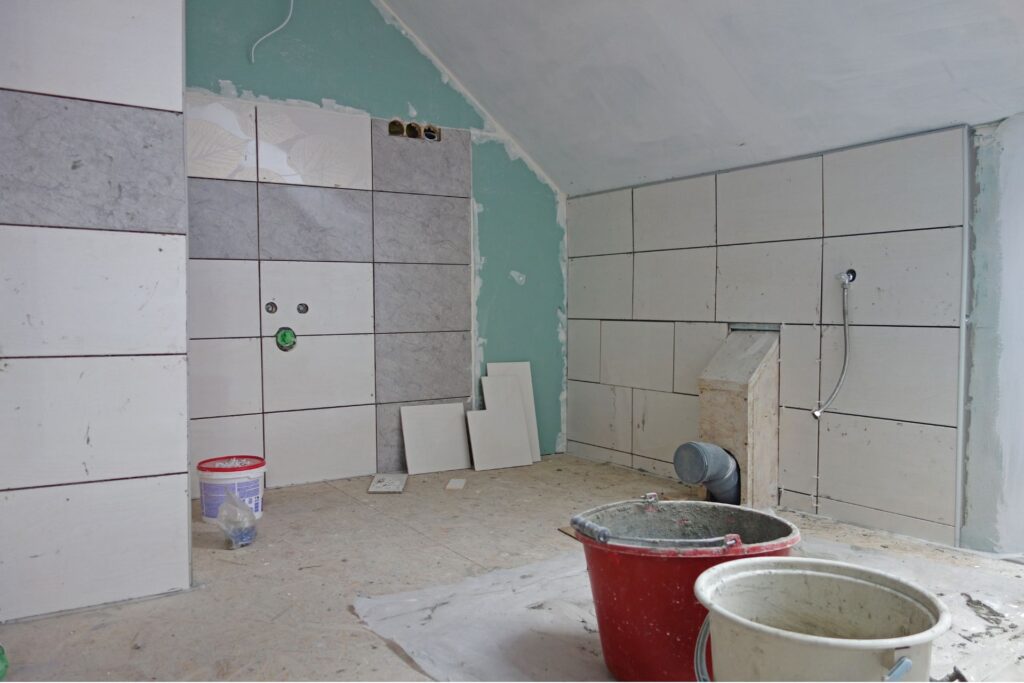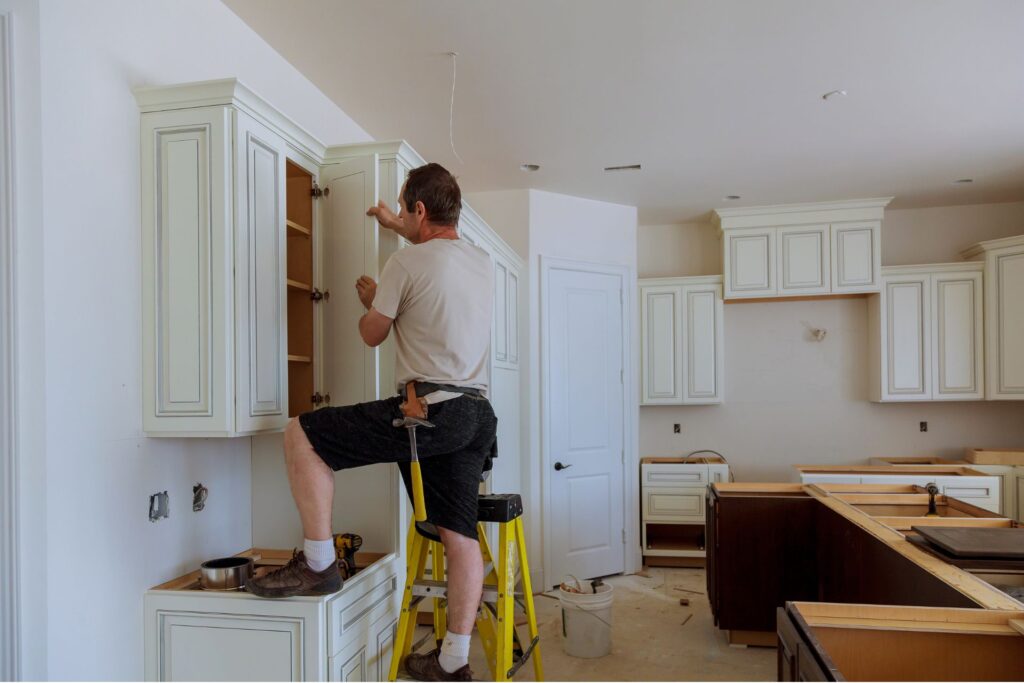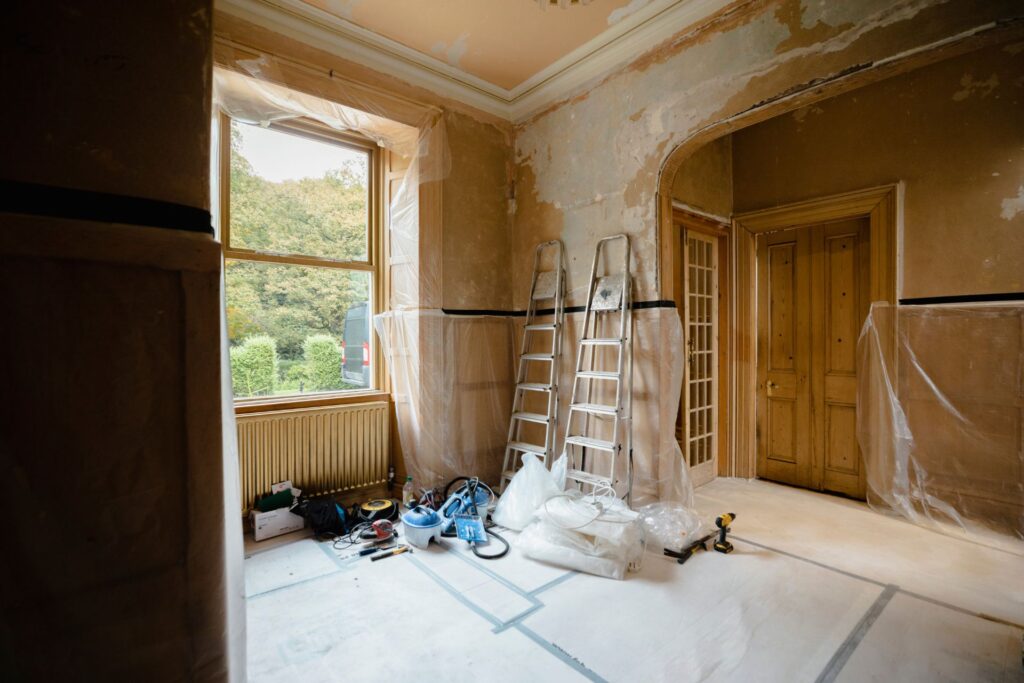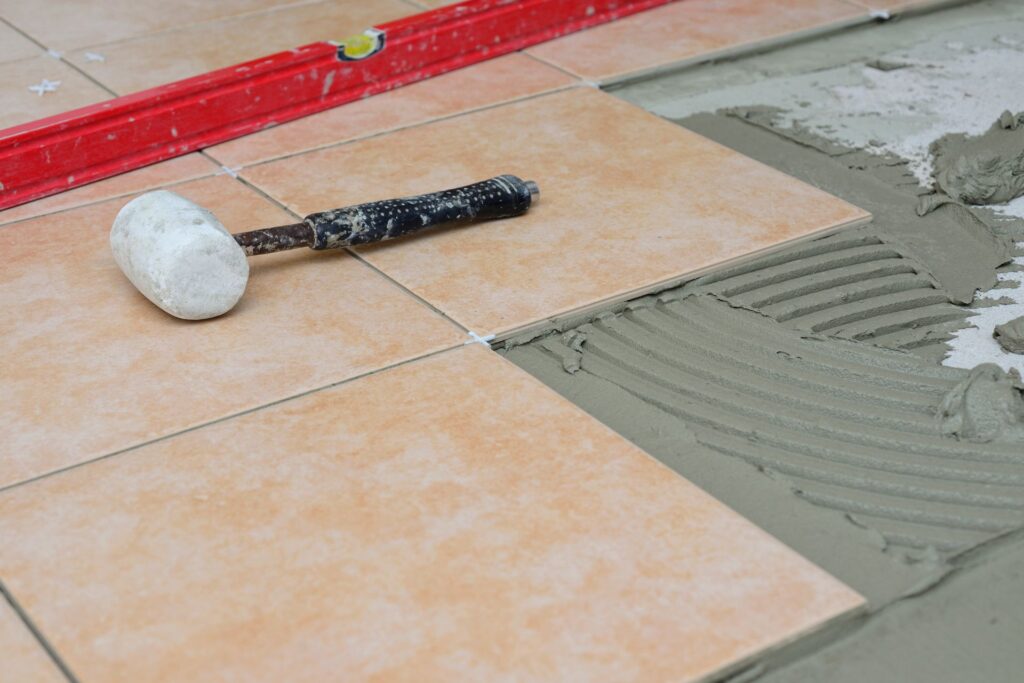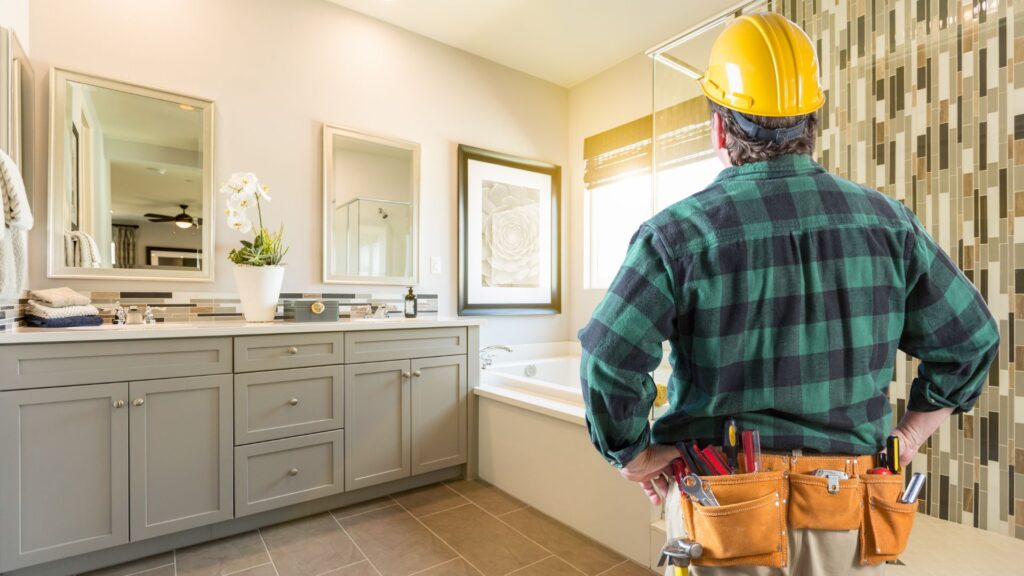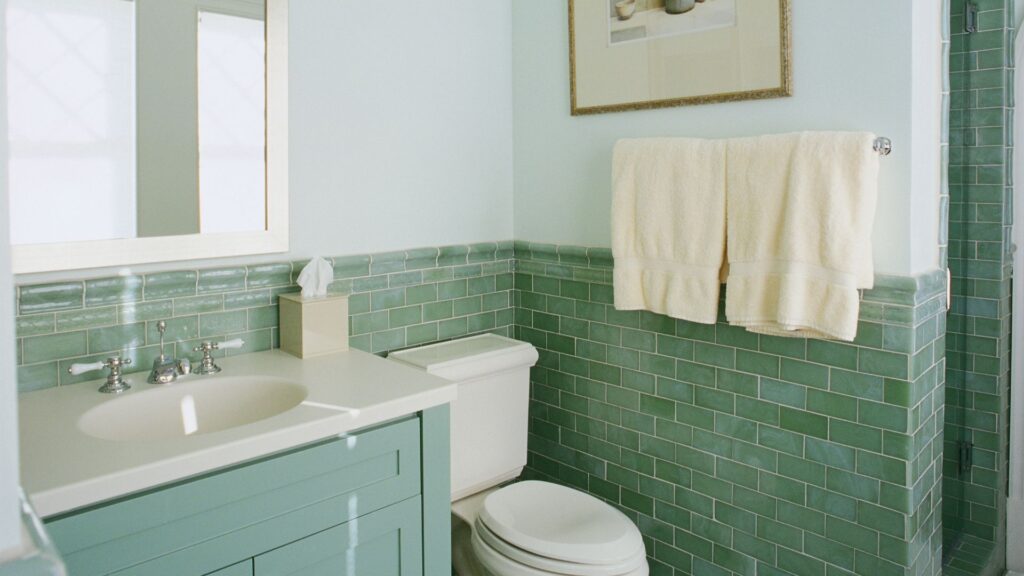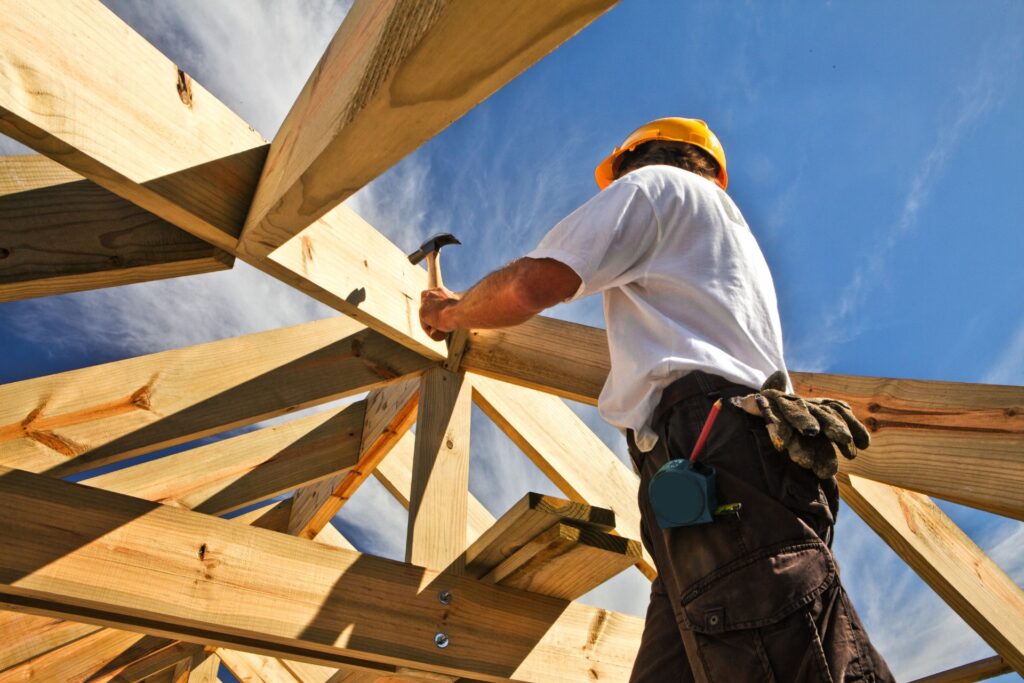Welcome to your guide on understanding the difference between a Licensed Building Practitioner (LBP) and a Master Builder in New Zealand. If you’re planning a home build, renovation, or any structural project, knowing who you’re hiring matters. While both titles suggest professionalism, they serve different roles, have different qualifications, and offer different protections. Many people assume they’re the same, but choosing the wrong one can lead to legal issues, delays, or missed guarantees. In this article, you’ll learn what each role means, how they compare, and how to choose the right builder for your needs.
A Licensed Building Practitioner (LBP) is legally approved by New Zealand’s government to carry out or supervise restricted building work. A Master Builder, on the other hand, is a member of the Registered Master Builders Association and offers added benefits like the Master Build Guarantee. While an LBP meets legal standards for competency, a Master Builder provides extra assurance through industry recognition and consumer protection. Many qualified builders in NZ hold both titles.
Table of Contents
What Is A Licensed Building Practitioner (LBP)?
A Licensed Building Practitioner, or LBP, is a builder or tradesperson who has been officially registered under the Ministry of Business, Innovation & Employment (MBIE) in New Zealand. This registration proves that they have the skills, experience, and knowledge to carry out specific types of building work that are considered essential for the safety and durability of residential and commercial structures. The LBP system was introduced to improve the quality of building work and ensure that only qualified individuals handle critical construction tasks.
To become an LBP, a builder must meet several key requirements. They need to demonstrate a solid foundation of technical knowledge, hands-on experience, and a deep understanding of New Zealand’s Building Code. This isn’t just a matter of filling out forms, it involves a formal assessment process where their skills and qualifications are thoroughly reviewed. Applicants must show proof of relevant training, past project experience, and the ability to follow building regulations and codes. The licensing process is designed to confirm that the individual is not only experienced but also fully capable of delivering quality work that meets national standards.
LBPs are legally allowed to carry out or supervise what’s known as Restricted Building Work (RBW). This includes tasks that affect the structural integrity or weatherproofing of a home or building. Examples of RBW include laying foundations, framing, roofing, and exterior cladding. These areas are considered high-risk, so only LBPs are permitted to perform or oversee them. Homeowners cannot legally undertake this work themselves unless they qualify for an owner-builder exemption.
Hiring an LBP offers several important benefits. First, it ensures full legal compliance with New Zealand’s building regulations. Any project that requires a building consent must be completed or supervised by an LBP to be approved. Second, it guarantees that the builder meets a minimum level of competency. When a professional holds an LBP license, you know they’ve been vetted by a government body and are held accountable for their work.
For example, if you’re planning to add a second story to your house, the structural work must be handled by an LBP. Only they are legally permitted to supervise or perform tasks like framing and roofing for a major addition. Choosing an LBP protects you from the risk of non-compliance, failed inspections, and costly repairs down the road. It also provides peace of mind that your builder knows what they’re doing, and is recognized by the government as someone qualified to do the job right.
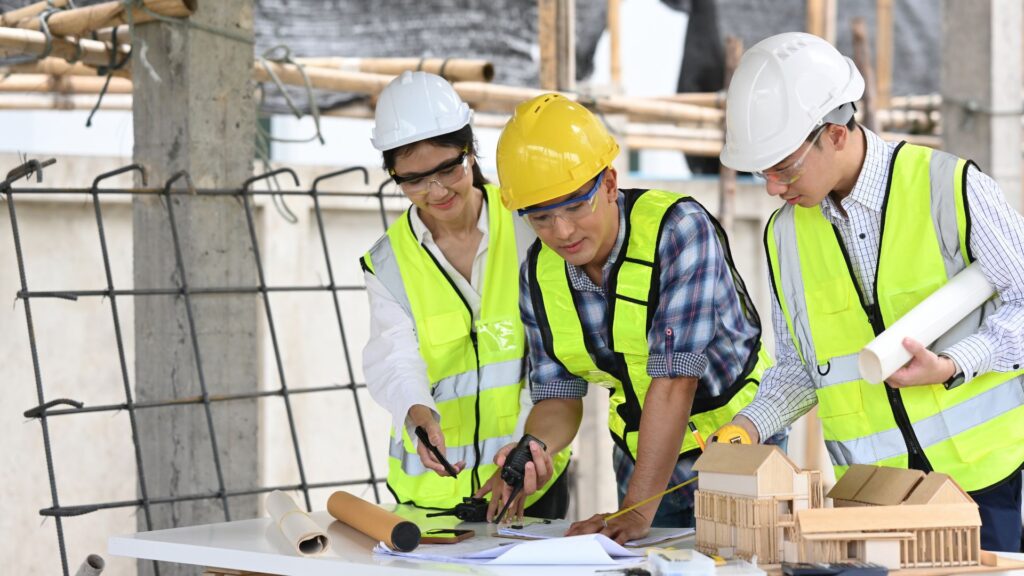
What Is A Master Builder?
A Master Builder in New Zealand is a professional builder who is a registered member of the Registered Master Builders Association (RMBA). This membership is a mark of trust and quality that goes beyond basic licensing. Unlike a Licensed Building Practitioner (LBP), which is a legal status regulated by the government, being a Master Builder is a voluntary certification. It represents a builder’s commitment to high standards, customer service, and long-term accountability.
Requirements To Become A Master Builder
Not every builder can become a Master Builder. The RMBA has strict requirements that applicants must meet before being accepted. These requirements are designed to protect homeowners and ensure that only reliable, experienced professionals are granted membership.
Business Track Record
To qualify, a builder must have a proven history of successful projects and professional conduct. The RMBA reviews the business’s financial history, project portfolio, and management systems. Builders typically need to show several years of consistent performance in residential or commercial construction. This helps ensure that members are not only skilled but also financially stable and professionally managed.
Reference Checks And Vetting
The application process includes thorough vetting and reference checks. Builders must provide references from past clients and industry professionals. These references are verified to confirm quality workmanship, honest communication, and the ability to complete projects on time and within budget. The RMBA also reviews on-site work to check whether the builder meets the association’s workmanship standards.
Master Build Guarantee Explained
One of the most valuable benefits of hiring a Master Builder is access to the Master Build Guarantee. This guarantee is an added layer of protection for homeowners that goes beyond what the law requires. It’s designed to give peace of mind throughout the building process and long after the work is done.
What It Covers
The Master Build Guarantee can cover a range of issues, depending on the guarantee type and the value of the project. This includes:
- Structural defects
- Loss of deposit or non-completion
- Defective workmanship or materials
- Subcontractor issues
If problems arise during or after construction, the guarantee helps cover repair costs, even if the builder is no longer in business.
Duration And Protection
The guarantee typically lasts up to 10 years, depending on the type of work and the coverage level chosen. The protection starts from the day construction begins and continues through completion and occupancy. Homeowners are provided with documentation outlining exactly what is covered and for how long.
Value-Add Of A Master Builder
Hiring a Master Builder adds value to your project in several ways. You’re not just hiring someone with skills, you’re hiring someone whose business has been carefully reviewed, who meets a high standard of professionalism, and who is backed by a recognized guarantee. This can make financing easier, improve resale confidence, and reduce your risk if something goes wrong. It’s especially useful for large or long-term projects where the stakes are high.
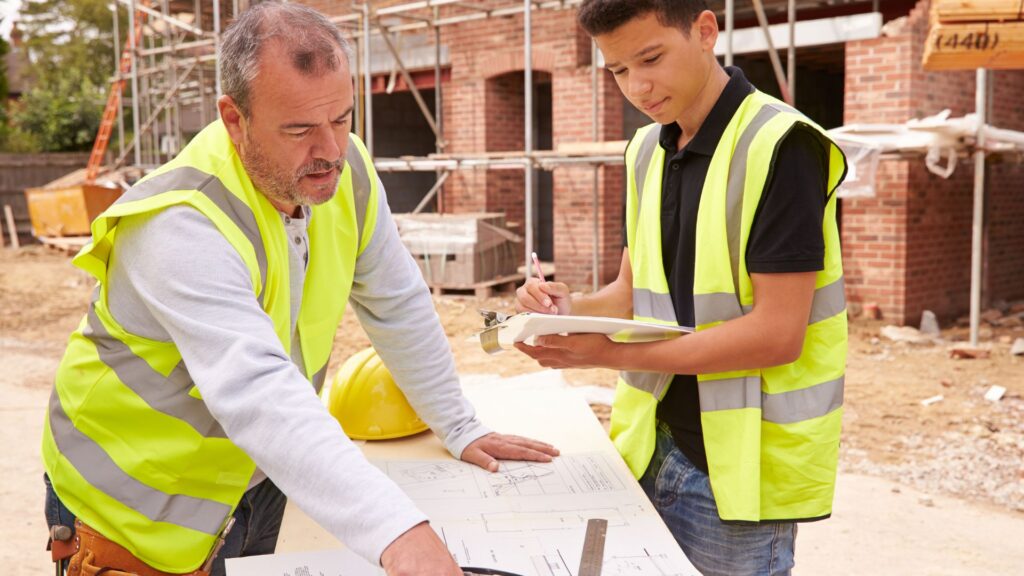
Key Differences Between An LBP And A Master Builder
When you’re choosing a builder in New Zealand, understanding the difference between a Licensed Building Practitioner (LBP) and a Master Builder can save you time, money, and stress. While both are respected titles in the industry, they serve different purposes, follow different processes, and offer different benefits. Many homeowners confuse the two or assume they are interchangeable, but they’re not. Here’s a closer look at how they compare, side by side.
Head-To-Head Comparison: LBP Vs Master Builder
- Legal Requirement?
Hiring an LBP is mandatory if your project involves restricted building work (RBW). This includes structural alterations, foundations, and weathertightness elements that require a building consent. You can’t legally start or sign off on RBW without an LBP.
A Master Builder, however, is not a legal requirement. It’s a membership status that adds credibility but isn’t enforced by law. - Registered With?
LBPs are officially registered through New Zealand’s Ministry of Business, Innovation & Employment (MBIE). Their names appear on a public register that confirms their license and area of specialization.
Master Builders are members of the Registered Master Builders Association (RMBA), which operates independently from the government and focuses on professional standards and customer guarantees. - Covers Restricted Work?
LBPs are specifically licensed to carry out or supervise restricted work. This is a legal responsibility.
Master Builders may or may not be LBPs. Being a Master Builder doesn’t automatically mean they’re licensed to complete restricted work. That depends on their personal qualifications. - Guarantee Offered?
LBPs don’t provide any formal guarantee backed by an association. Any warranty depends on the contract you create with them.
Master Builders can offer a Master Build Guarantee, which provides up to 10 years of cover for structural defects, non-completion, and even loss of deposit in some cases. It adds another layer of protection for homeowners. - Qualification Focus
The LBP system is based on demonstrating practical building skills and knowledge. It’s about competency in the technical aspects of construction.
The Master Builder title focuses on both building quality and business reliability. To become a member, a builder must meet strict standards on workmanship, financial health, and customer service history.
What These Titles Really Tell You About A Builder
An LBP is someone who meets the government’s minimum standards to carry out complex, restricted building work. This means they’ve proven their technical skills, experience, and ability to comply with the Building Code. Hiring one is a legal necessity when your project requires it.
A Master Builder, meanwhile, has been vetted by an industry body that looks beyond building skills. It evaluates how well the builder runs their business, communicates with clients, and handles disputes. The Master Build Guarantee is one of the biggest perks for homeowners looking for long-term security.
Can A Builder Be Both An LBP And A Master Builder?
Yes, and many are. In fact, hiring someone who holds both titles is often the safest choice. It means you’re working with a builder who meets government licensing requirements and has also passed the more in-depth review required by the RMBA. You get legal compliance, proven competency, and the added benefit of a guarantee.
If you’re planning a major renovation or new build, ask potential builders if they are both LBPs and Master Builders. This gives you the best of both worlds: someone who can legally perform restricted work and also offers peace of mind through additional protections.
Choosing the right builder isn’t just about price, it’s about trust, skill, and legal safety. Knowing these key differences can help you make a confident and informed decision.
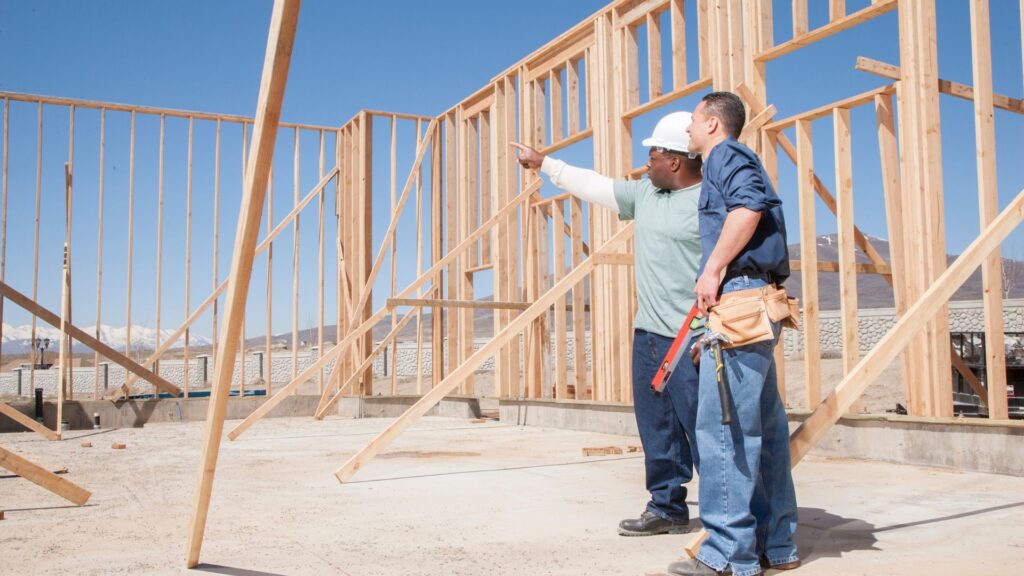
When Do You Need An LBP vs A Master Builder?
Understanding when to hire a Licensed Building Practitioner (LBP) or a Master Builder can save you from legal trouble, delays, and costly mistakes. Both serve different roles in the building industry in New Zealand, and knowing which one fits your project can make the entire process smoother.
Building Consents And Restricted Work
If your building project requires a consent, you’ll need to involve an LBP, no exceptions. This applies to restricted building work (RBW), which includes structural components, weather-tightness, and certain fire-safety features. Only LBPs are legally qualified to carry out or supervise these types of work. For example, adding a new room, changing roof framing, or altering load-bearing walls would all require an LBP’s expertise and license. Councils won’t approve your consent documentation unless an LBP signs off on the restricted work.
Small Projects Vs Major Renovations
Not all building work in New Zealand falls under the restricted category. If you’re building a low-level deck, repairing a non-structural wall, or installing a kitchen that doesn’t involve changes to the framing or plumbing, you may not need an LBP. However, for larger projects, like full-home renovations, second-storey additions, or new home builds, an LBP is essential. While a Master Builder can also complete these projects, they must be licensed if the job involves restricted work. The scale and complexity of your project should guide your choice.
When The Master Build Guarantee Is Worth It
Hiring a Master Builder adds an extra layer of security through the Master Build Guarantee. This isn’t a legal requirement, but it’s a smart choice for homeowners who want long-term protection. The guarantee covers structural defects, loss of deposit, and completion issues, even if the builder goes out of business. For high-value projects or long-term investments, this extra coverage can be well worth the additional cost. If peace of mind matters to you, consider hiring a builder who offers this guarantee.
Legal Vs Optional Credentials
It’s important to understand the difference between required and optional credentials. Being an LBP is a legal necessity when working on restricted building projects. It ensures the person doing the job has met the government’s minimum competency standards. In contrast, being a Master Builder is optional and reflects additional business vetting, reputation, and the ability to offer guarantees. While one is required by law, the other signals quality and reliability in the eyes of industry peers and clients.
If your project needs a building consent, you’ll need an LBP, no exceptions. Always check whether your builder is licensed before signing any agreement.
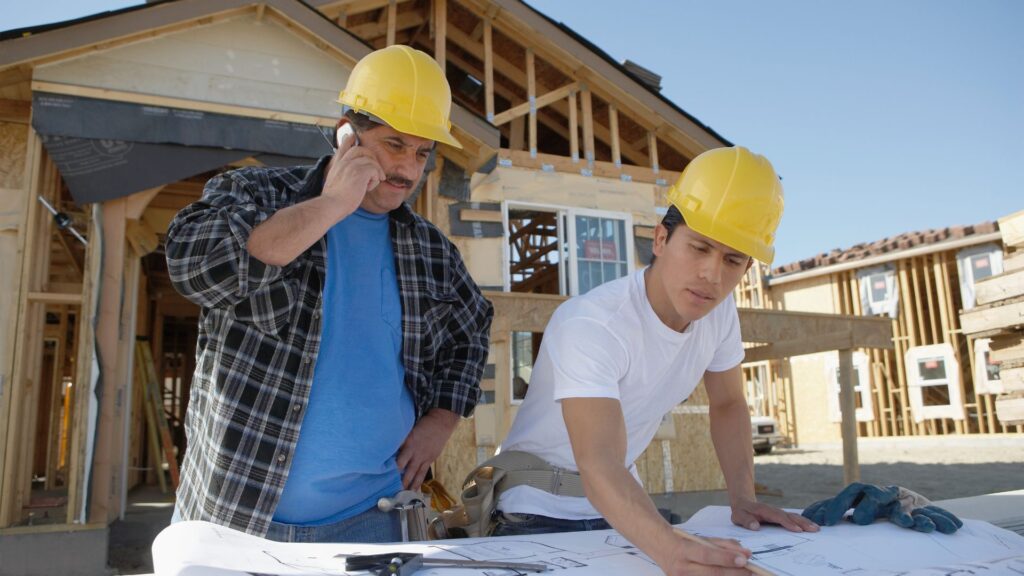
Common Misconceptions About Licensed Building Practitioners And Master Builders
When you’re planning a home build or renovation in New Zealand, it’s easy to get confused by terms like “Licensed Building Practitioner” and “Master Builder.” Many people assume they mean the same thing or that one title is better than the other. These assumptions can lead to poor decisions, legal trouble, or unnecessary costs. Let’s break down some of the most common misconceptions so you can avoid costly mistakes.
“Master Builder Is The Same As LBP”, Not True
This is one of the most widespread myths in the industry. A Licensed Building Practitioner (LBP) is registered by the New Zealand government and approved to carry out or supervise restricted building work. It’s a legal status backed by the Ministry of Business, Innovation & Employment (MBIE). A Master Builder, on the other hand, is a member of the Registered Master Builders Association (RMBA), a private industry group. Membership includes access to business resources and the Master Build Guarantee, but it’s not a legal license to perform restricted work. Some builders hold both titles, but they are separate credentials. Knowing this difference helps you understand what your builder is legally allowed to do.
“You Don’t Need An LBP If You Trust The Builder”, Legally Risky
Even if a builder comes highly recommended, they must be licensed if your project involves restricted building work like structural changes, foundations, or roofing. Hiring someone who isn’t an LBP for these tasks is not just risky, it’s illegal. If a non-LBP performs restricted work, you could face penalties, issues with your building consent, or future problems with resale and insurance. Always check the LBP register to confirm a builder’s status before signing a contract.
“Guarantees Mean They’re Qualified” , Not Always
A common mistake homeowners make is assuming that a guarantee, like the Master Build 10-Year Guarantee, automatically means the builder is fully qualified for all types of work. Guarantees are valuable, but they are not a replacement for proper licensing. They offer protection if things go wrong, but they don’t prove that a builder is legally allowed to carry out restricted work. Always check for both LBP licensing and guarantee coverage. One without the other leaves gaps in compliance and protection.
Industry Jargon Can Confuse Clients
Many homeowners feel overwhelmed by the technical terms used in the building industry. Words like “restricted building work,” “compliance,” and “LBP supervision” sound official but often go unexplained. This confusion makes it easier for unqualified builders to pass off work they shouldn’t be doing. If you’re unsure what something means, ask for a clear explanation in plain language. A professional builder will be happy to explain your project, their qualifications, and your rights as a homeowner.
Clearing up these misconceptions is key to making smarter decisions. By understanding the legal requirements, checking credentials, and asking questions when you’re unsure, you protect your investment and ensure your project runs smoothly. Don’t rely on assumptions, do your homework, and work with the right professionals from the start.
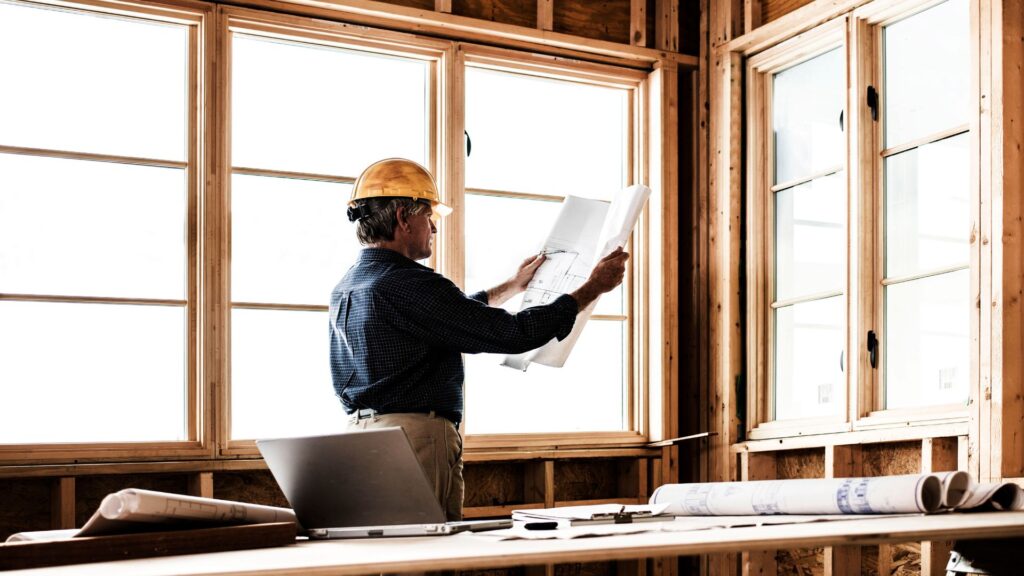
How To Choose The Right Builder For Your Project
Choosing the right builder is one of the most important decisions you’ll make during your home build or renovation. The quality, reliability, and qualifications of your builder will directly impact your timeline, budget, and peace of mind. Whether you’re building from scratch or upgrading an existing space, here’s a step-by-step guide to help you make an informed and confident choice.
Check LBP Status On MBIE’s Register
Before anything else, verify that the builder is a Licensed Building Practitioner (LBP) by checking the official MBIE register. This ensures they are legally allowed to carry out or supervise restricted building work in New Zealand. You’ll find details about their license class, current status, and history. If a builder can’t provide their LBP number or avoids the question, that’s a warning sign.
Ask If They’re A Master Builder And What Guarantees Are Offered
Being a Master Builder isn’t a legal requirement, but it shows that the builder has been vetted by the Registered Master Builders Association. Ask if they’re a current member and whether they offer the Master Build Guarantee. This guarantee protects your deposit, covers structural defects, and gives you recourse even if the builder goes out of business. It’s a safety net that offers peace of mind beyond legal compliance.
Review Past Work And Talk To Previous Clients
Don’t just rely on photos or testimonials on a website. Ask the builder for a list of completed projects that are similar to yours. If possible, visit a site or ask for client contact details so you can hear firsthand about their experience. This will give you a better sense of the builder’s workmanship, communication style, and ability to meet deadlines.
Ask For Quotes And Compare
Always request quotes from at least two or three builders. Make sure each quote includes detailed breakdowns of materials, labour, timelines, and any exclusions. Be wary of quotes that seem unusually low, they may hide future costs or reflect subpar materials. At the same time, a higher quote may indicate better quality or more experienced teams. Comparing quotes helps you spot inconsistencies and negotiate better.
Red Flags To Watch For
Keep an eye out for warning signs like poor communication, unclear pricing, refusal to sign contracts, or pressure to pay large upfront deposits. Builders who dodge questions about licensing, guarantees, or timelines often create more problems down the road. Trust your instincts, if something feels off, look elsewhere.
Balance Price, Experience, And Credentials
The cheapest builder isn’t always the best choice. Balance cost with experience, qualifications, and reputation. An experienced builder with the right credentials and a proven track record may save you time, stress, and money in the long run. Look for someone who understands your project, communicates clearly, and aligns with your expectations from the start.
Choosing the right builder goes beyond checking boxes, it’s about finding someone you can trust. Take the time to do your research, ask the right questions, and compare your options carefully. It’s the foundation of a successful build.
Need a trusted builder for your next project? Work with qualified professionals who meet New Zealand’s highest standards. Visit us to get started.

FAQs: About Licensed Building Practitioner Vs Master Builder In NZ
What is the main difference between a Licensed Building Practitioner and a Master Builder?
A Licensed Building Practitioner (LBP) is approved by the New Zealand government to carry out or supervise restricted building work. A Master Builder is a member of the Registered Master Builders Association and offers added benefits like guarantees. LBPs are a legal requirement for certain jobs, while Master Builders provide industry-backed assurance.
Do I legally need to hire a Licensed Building Practitioner in NZ?
Yes. If your project involves restricted building work, such as structural changes or major renovations that require a building consent, an LBP is legally required to carry out or supervise the work.
Is being a Master Builder a legal requirement in New Zealand?
No. Being a Master Builder is optional. It’s a membership with the Registered Master Builders Association that shows a builder has met certain industry and business standards. It’s not required by law.
Can someone be both a Licensed Building Practitioner and a Master Builder?
Yes. Many builders in New Zealand are both LBPs and Master Builders. This gives clients both legal compliance and the added benefits of the Master Build Guarantee and RMBA support.
What is the Master Build Guarantee, and what does it cover?
The Master Build Guarantee is a protection plan offered by Master Builders. It can cover structural defects, loss of deposit, and issues that arise even if the builder goes out of business. Coverage usually lasts up to 10 years, depending on the guarantee type.
How can I check if a builder is a Licensed Building Practitioner?
You can verify a builder’s LBP status on the official Licensed Building Practitioners Register, available on the MBIE (Ministry of Business, Innovation & Employment) website.
How do I find out if a builder is a Master Builder?
Visit the Registered Master Builders Association website and use their “Find a Master Builder” search tool. You can also ask the builder directly and request proof of membership.
What happens if I hire a non-LBP for restricted building work?
If you hire someone who isn’t licensed for work that requires it, you risk building consent issues, legal penalties, and problems with insurance or resale. The work may be considered non-compliant and could need to be redone.
Is hiring a Master Builder more expensive?
Not always. While Master Builders may charge a premium for their experience and guarantee, pricing varies by project and builder. The added protection and credibility can be worth the cost for many homeowners.
Which one should I choose: LBP or Master Builder?
If your project involves restricted work, you must choose an LBP. If you want extra peace of mind through guarantees and reputation, consider a Master Builder. Ideally, choose someone who is both.
Conclusion
Understanding the difference between a Licensed Building Practitioner (LBP) and a Master Builder is essential when planning any construction project in New Zealand. LBPs are legally required for restricted building work, ensuring the work meets government standards for safety and quality. Master Builders, while not legally required, offer added benefits like the Master Build Guarantee and have a verified track record in the industry. Choosing the right builder goes beyond just comparing prices, you need to consider their qualifications, experience, and the kind of protection they provide. Always do your due diligence by checking their registration, asking for references, and reviewing past projects. Whether you’re building a new home, renovating, or doing structural work, match the builder’s credentials to the scope of your project and the peace of mind you want. Making the right choice from the start can save you time, stress, and money in the long run.
About the Author:
Mike Veail is a recognized digital marketing expert with over 6 years of experience in helping tradespeople and small businesses thrive online. A former quantity surveyor, Mike combines deep industry knowledge with hands-on expertise in SEO and Google Ads. His marketing strategies are tailored to the specific needs of the trades sector, helping businesses increase visibility and generate more leads through proven, ethical methods.
Mike has successfully partnered with numerous companies, establishing a track record of delivering measurable results. His work has been featured across various platforms that showcase his expertise in lead generation and online marketing for the trades sector.
Learn more about Mike's experience and services at https://theleadguy.online or follow him on social media:
